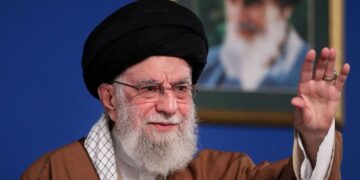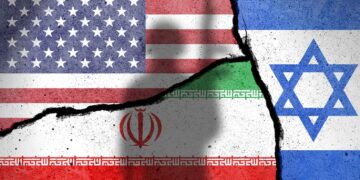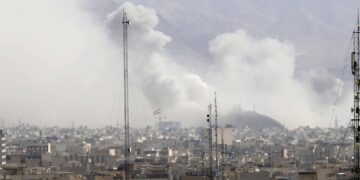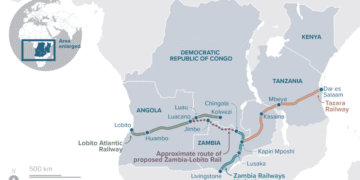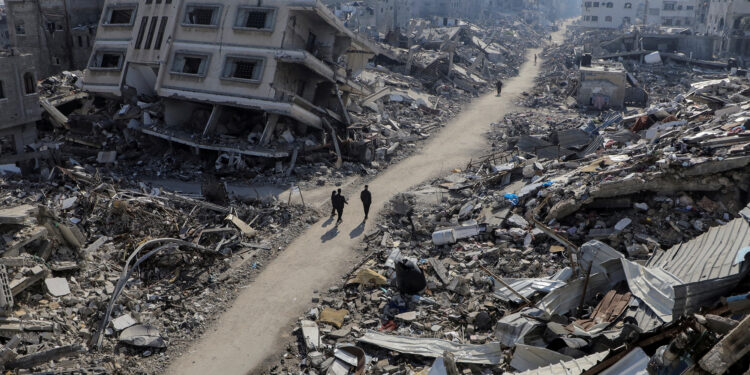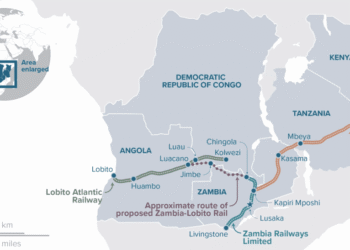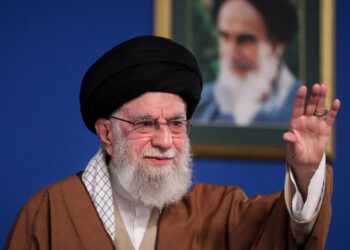GAZA — The Gaza Strip, once a crowded enclave of more than two million people, now lies in devastation. Entire neighborhoods are reduced to rubble, hospitals have collapsed under the weight of casualties, and international monitors warn that an entire population faces famine. Around the world, leaders, rights organizations, and ordinary citizens are increasingly calling the situation by its name: genocide.
A Year of Unrelenting Destruction
Since Israel launched its latest offensive on Gaza, airstrikes and artillery bombardments have killed tens of thousands of Palestinians — the majority women and children. According to humanitarian agencies, the assault has displaced nearly the entire population, creating what the UN describes as “the largest forced displacement of the 21st century.”
The destruction is not only measured in lives lost. Gaza’s civilian infrastructure — homes, schools, water facilities, and power plants — has been systematically targeted. UN experts say the deliberate destruction of basic services points to an Israeli strategy aimed at making Gaza uninhabitable.
International Law and the Charge of Genocide
The term “genocide” is not used lightly. It carries a legal weight defined by the 1948 UN Convention on the Prevention and Punishment of the Crime of Genocide. In January 2024, South Africa filed a case against Israel at the International Court of Justice (ICJ), accusing it of committing genocide in Gaza. The ICJ later issued provisional measures ordering Israel to halt actions that could amount to genocide and to allow humanitarian aid — orders Israel has largely ignored.
Most recently, the UN Independent International Commission of Inquiry concluded that Israel is responsible for acts that meet the definition of genocide. The findings mark the strongest international acknowledgment yet that Israel’s actions cross the line from war crimes into the crime of crimes.
Silence and Complicity
While much of the Global South, led by countries such as South Africa, Indonesia, Brazil, and Türkiye, have condemned Israel’s actions, Western nations remain divided. The United States, Israel’s closest ally, continues to provide military and diplomatic support, vetoing Security Council resolutions calling for an immediate ceasefire.
European countries have taken different paths. Spain, Ireland, and Norway have formally recognized the State of Palestine, while Germany and the UK remain aligned with Washington. The growing divergence even within the so-called Western bloc highlights what analysts describe as a crisis of legitimacy in global governance.
The blood of Gaza’s children is staining not only Israel’s hands but also those who continue to arm and shield it, said a human rights lawyer in The Hague.
Gaza’s Humanitarian Collapse
Inside Gaza, humanitarian conditions are catastrophic. The World Health Organization reports that hospitals function at a fraction of their capacity. The lack of clean water, food, and shelter has turned Gaza into what aid workers describe as “a cemetery for children.”
The UN Relief and Works Agency (UNRWA) estimates that more than 70% of Gaza’s housing stock has been destroyed or severely damaged. Families live in makeshift tents, often without access to sanitation. The collapse of food supply chains has left hundreds of thousands at risk of starvation.
The Global Protest Movement
From Johannesburg to Jakarta, from London to Washington, mass protests have erupted demanding an end to Israel’s offensive. University campuses across the US and Europe have witnessed student-led encampments reminiscent of the anti-apartheid movement of the 1980s.
The scale of these protests reflects not only solidarity with Palestinians but also mounting frustration with governments that continue to back Israel despite overwhelming evidence of atrocities.
What Comes Next?
As the UN turns 80 this year, its credibility faces one of its most severe tests. Can the world’s premier institution uphold its own charter, or will Gaza become another tragic reminder of international inaction?
For Palestinians in Gaza, survival is the immediate concern. For the world, the question is whether the vow of “never again” still has meaning.

